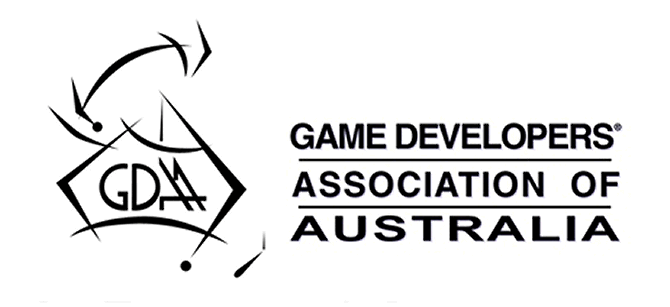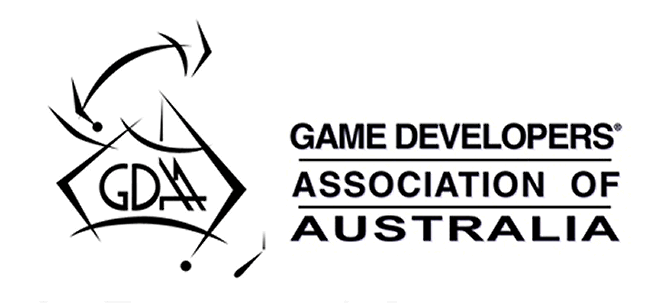The Game Developers' Association of Australia says broadband speeds are hampering the sector - and gamers too.
The GDAA was formed in December 1999 to raise the profile of the Australian game development industry locally and internationally.

A recent ABC news item states while the Australia game development industry employs about 1,600 people locally and dominates global charts, developers say NBN plans are not adequate or fast enough for an online industry.
"It could well be we'll end up in a place where Australians can't participate in the kind of entertainment content we're creating for the rest of the world, and how sad would that be?" said GDAA chief executive, Antony Reed.
Trent Kusters, the co-founder and director of indie game developer League of Geeks says talk is not matching action.
"It's funny because the national conversation about where the economy is going is all about innovation, that's the buzzword at the moment," said Mr. Kusters.
"They're saying that with one hand and then on the other hand we're not getting the internet we need, we're not investing in internet infrastructure that will ensure our viability."
The future of Australia's video game development industry was the subject of a recently finalised Senate inquiry. More than 100 submissions from game developers and other interested parties were received.
In its submission, the GDAA listed inadequate broadband infrastructure as one of the impediments to growth faced by the game development industry.
In another submission, game developer Simon Lydiard said upload speeds were a particularly thorny issue.
"Developers cannot collaborate with businesses internationally if they cannot deliver content in a timely and reliable manner."
In its final report - " Game on: more than playing around" (PDF); the Environment and Communications References Committed recommended that "the Australian Government commit to rolling out 21st century broadband infrastructure." It also noted that Australian video game businesses are often at a competitive disadvantage when it comes to high-speed, reliable broadband.
But symmetrical, truly fast broadband isn't just about gaming, or watching Netflix in HD or other recreational pursuits and related sectors. There's so much more to it than the entertainment industry and being entertained.
Other businesses are increasingly needing to move large files quickly, are working in the cloud and providing rich media experiences for customers.
The medical sector is developing bandwidth hungry applications that will save lives and more of us are gaining a formal education online.
It's also not just about download and upload speed either, but data caps - ubiquitous, super-fast symmetrical connectivity combined with unlimited data plans is what Australia needs to fully participate in the global broadband economy.



